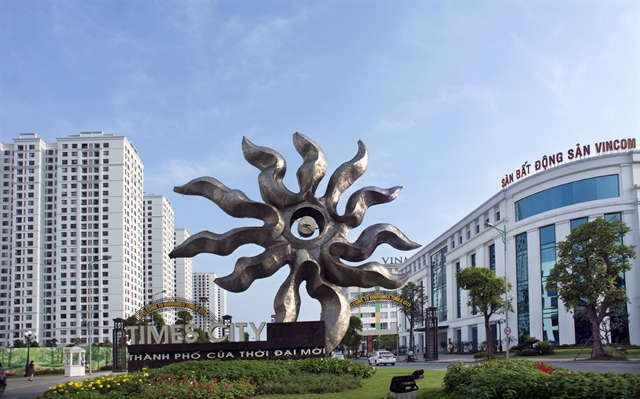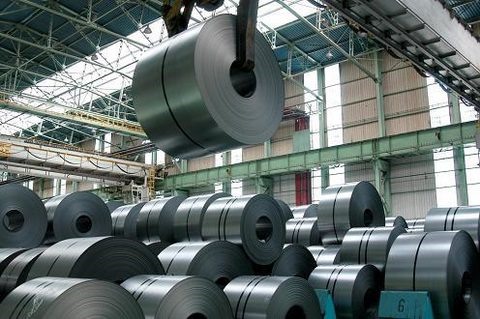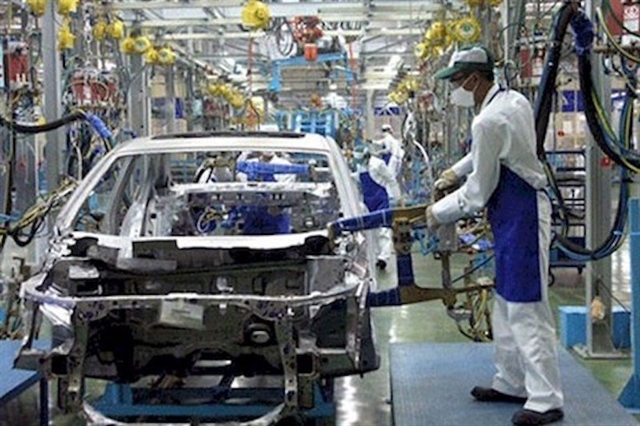 Economy
Economy

Việt Nam’s import value for steel and iron products continuously surged sharply in the first month of 2017 to US$710 million, the General Statistics Office reported.
 |
| Việt Nam’s import value for steel and iron products in January rose by up to 30 per cent against the same period last year. — Photo vatlieuxaydung.org.vn |
HÀ NỘI — Việt Nam’s import value for steel and iron products continuously surged sharply in the first month of 2017 to US$710 million, the General Statistics Office reported.
The value rose by up to 30 per cent against the same period last year.
Faster economic growth means more steel is needed to make everything from cars to buildings. Statistics show that Việt Nam’s steel imports so far meet up to 60 per cent of the market demand.
Last year, Việt Nam’s steel imports also rose sharply, hitting a record high of 18.4 million tonnes worth nearly $11 billion, up 18.4 per cent and 7.2 per cent respectively against the previous year. The imports were mainly from China (accounting for 55.1 per cent), South Korea (12.8 per cent) and Taiwan (8.9 per cent).
As a large steel import volume from China has caused major damage to domestic steel production, the Ministry of Industry and Trade has decided to apply trade defence measures to ensure fair competition with local products and promote the country’s steel sector.
For this purpose, certain kinds of steel ingots and long steel imported into Việt Nam from various countries and territories have been subject to temporary safeguard duties of 23.3 per cent and 14.2 per cent respectively.
The Việt Nam Steel Association forecast that the country’s rising steel demand will boost production by 10-12 per cent in 2017.
Việt Nam’s per capita steel consumption could grow further in the next few years from just below 300 kilograms today, said industry experts.
The Ministry of Industry and Trade estimates the country will spend $15 billion annually on steel imports by 2020 to meet rapidly rising domestic demand. The ministry also forecast Việt Nam will be short of 15 million tonnes by 2020 and 20 million tonnes by 2025. - VNS









